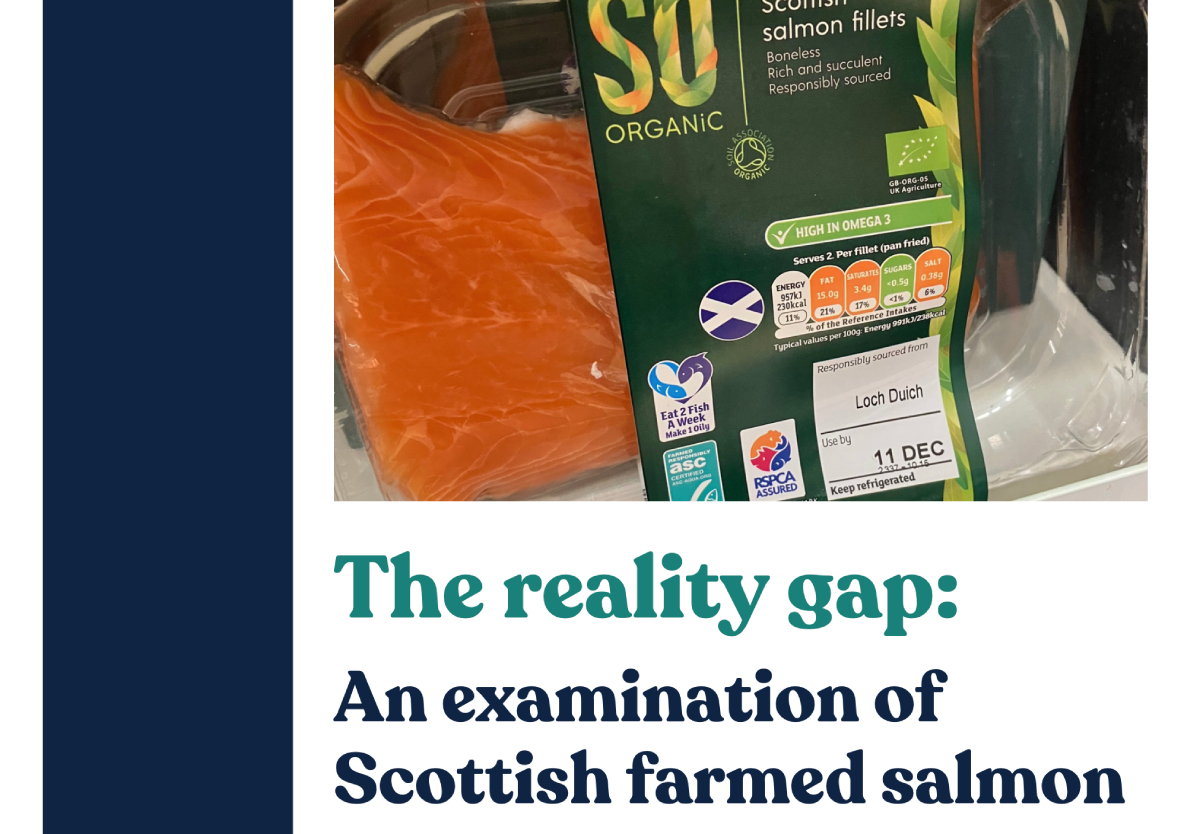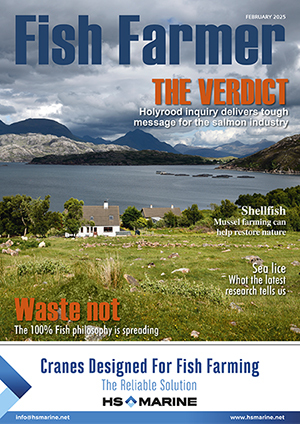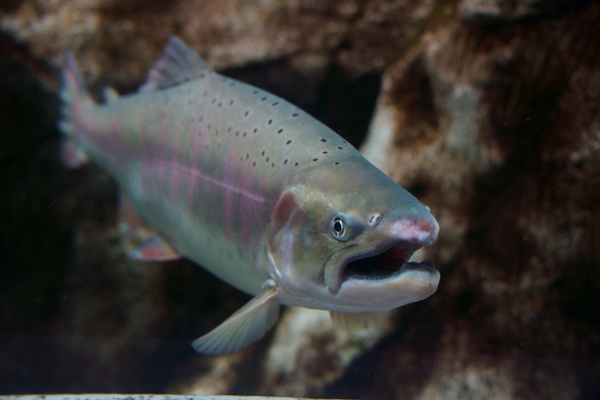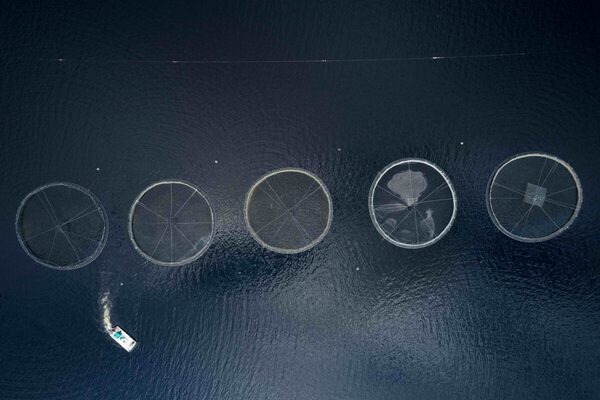Campaign group targets salmon marketing
Environmental campaign group WildFish has published a report that aims to take on the way Scottish salmon is marketed, claiming consumers are being misled.

In its latest report WildFish, originally known as the Salmon and Trout Association, addresses what it calls the “Reality Gap” between marketing and fact in the salmon industry.
It sets out what it sees as a series of misleading claims, particularly at the high end of the salmon market, comparing them with the list of WildFish’s long-standing criticisms of the industry, including the use of pesticides, impact on the environment and high fish mortality.
Lex Rigby, Farmed salmon campaign manager at WildFish, said: “Clever marketing tactics have consumers believing the Scottish salmon industry is picture perfect but consumers of farmed salmon are being sold a mistruth – one that perpetuates the idea that fish raised in an intensive and destructive production system, where 25% of the fish die prematurely, are ‘responsibly produced’ and environmentally sustainable.
Among the report’s targets are:
Wester Ross salmon: The distinctive rearing and feeding regime at Wester Ross, which is now part of the Mowi Group but continues to apply its distinctive approach, is part of its marketing. WildFish claims that the business is moving away from its “hand feeding” policy towards automated feeding – however, Wester Ross’s management have previously made it clear that automated feeding is intended as a backup for when staff cannot get to the pens, not as a routine practice.
Bakkafrost’s Native Hebridean Salmon and Lochlander Salmon: WildFish says “These standalone brands also allow greater flexibility to market farmed salmon in such a way that could lead to consumer confusion or misunderstanding about whether the fish is farmed or wild.” The Bakkafrost website states clearly, however, that Native Hebridean Salmon is “raised” in Scottish waters, not "caught".
Organic salmon: WildFish challenges the Soil Association’s definition of “organic” salmon, which limits but does not ban the use of pesticides, and points out that some members of the organic farming movement believe that fish farming practices do not align with organic principles.
WildFish also refers to the recent change in Protected Geographical Indication (PGI) for salmon, which now applies to “Scottish Salmon” rather than “Scottish Farmed Salmon” as previously. The organisation had opposed this change, arguing that it could mislead consumers, but its objection was not upheld in the courts.
The change to PGI, however, does not remove the requirement to state that salmon is farmed. UK law, based on European regulations even after Brexit, requires that farmed salmon is labelled to show:
- Production Method: Indicating that the salmon is farmed (e.g., "farmed" or "farmed in aquaculture").
- Origin: The country where the salmon was farmed.
- Species: The specific species of salmon.
Meanwhile, industry body Salmon Scotland has stressed that fish mortality fell by a third last year following high numbers in 2023 (the year used by WildFish as a reference).
A spokesperson for Salmon Scotland commented: "WildFish is an anti-salmon farming lobbying group that wants to make 12,500 Scots unemployed while campaigning for the right to catch and kill an endangered species. Its latest report is no different to previous reports they have written, which recycle fake news to attack one of Scotland’s most important food production sectors.
"WildFish’s failed attempt to force the UK government to change the naming convention for Scottish salmon had no basis in law, yet it dragged the government through the courts at taxpayers’ expense anyway.
"While WildFish pours its funds into a campaign to ban salmon farming, the sector is investing £230,000 in community projects this year as part of a £1.5m scheme to halt the decline of wild Atlantic salmon — real action to protect the species, rather than throwing money away on campaigns that achieve nothing."




